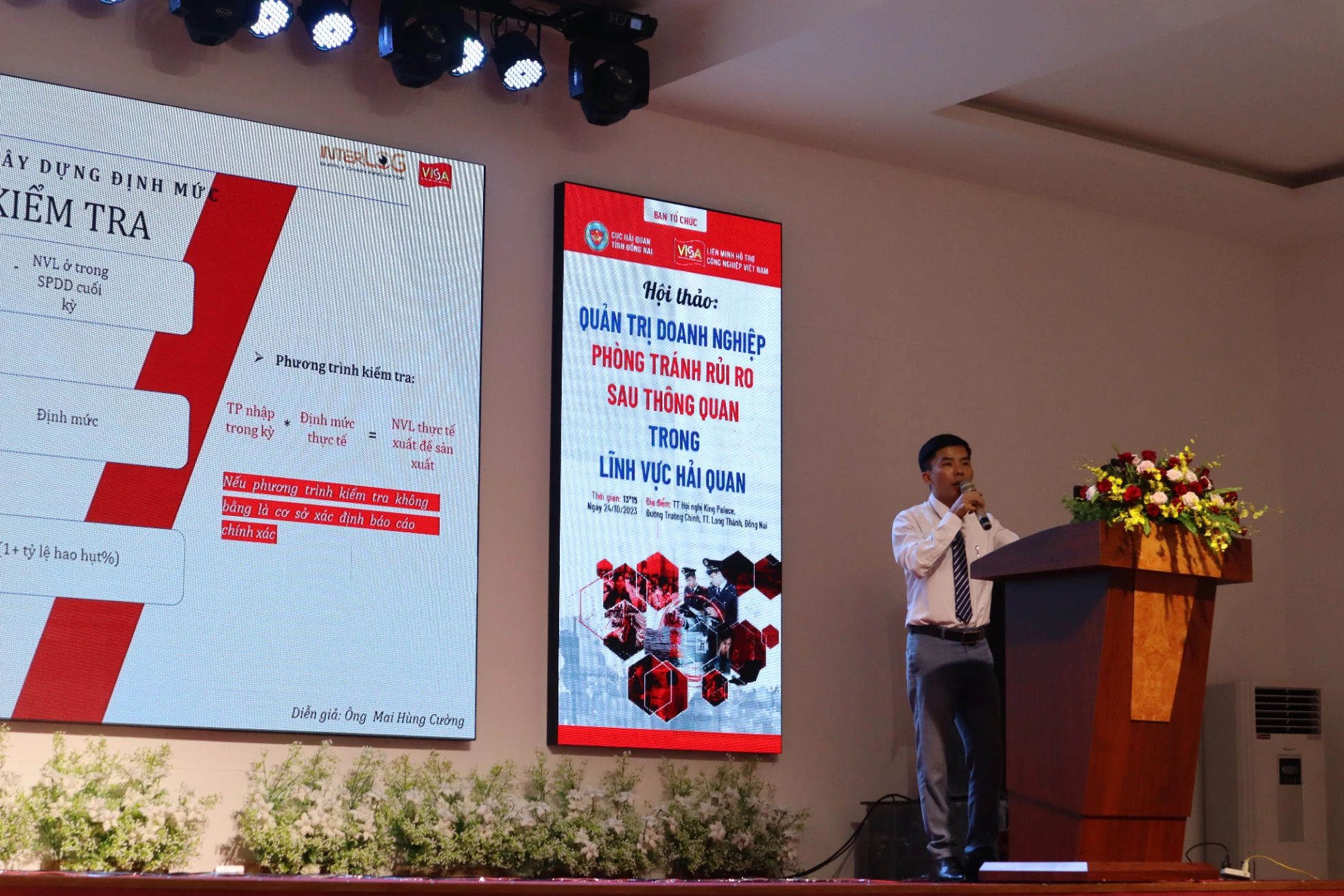


Some common errors that businesses often encounter in customs settlement reports
Specifically, for garment businesses, when the import-export record keeping process is more complex, it leads to inaccuracies and errors in building data for customs settlement reports. Most businesses do not fully understand the importance of customs settlement reports and do not recognize risks arising from inaccurate reporting due to inconsistent information management between warehouses, accounting and import-export departments; do not fully understand guidelines, definitions of expenses and information required to be filled in customs settlement reports leading to inaccurate information reporting...

Through actual assessment in interaction and discussion processes, currently businesses conducting annual customs settlement according to fiscal year often encounter some typical errors when reporting to the system, if businesses do not know how to resolve them will lead to confusion in reporting, affecting customs settlement report results.
Contact us: Customs report training service 
Commodity codes have not been reported
Commodity codes are self assigned and managed by businesses, these are codes that have been reported to customs catalogs and submitted in import-export declarations. This is the first step in customs settlement report process but easily overlooked due to declarant carelessness.
Existing customs settlement declarations in the system
After filling in all information in the system but declarant does not click "Declare customs settlement on system". Therefore, the declaration still exists and business cannot complete customs settlement report process.
Ending inventory does not match imports and exports during period
Due to production and business nature as well as standards, no discrepancy occurring between actual inventory at the business and inventory according to customs declarations for all import-export codes is difficult. Actual inventory remaining at warehouse may be higher or lower than records, documents according to customs for reasons such as:
Businesses settle processing inventory, claim tax refunds, non-taxed items, compile import-export inventory reports with higher or lower standards than production standards.
Businesses conduct fake exports.
Submitting cancelled export declarations or inaccurately declaring more/less import declarations in tax refund, non-tax claims, customs settlement reports.
Goods actually received at warehouse exceeding/short of customs declarations on import forms but without supplementary declarations.
QUESTION FROM BUSINESS, ANSWER FROM CUSTOMS



Contact us: Customs report making service 


